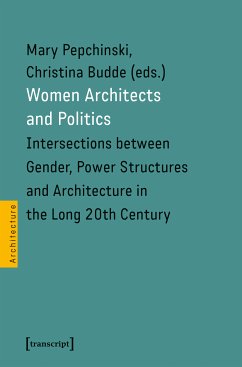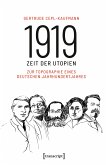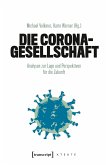In the late 1960s, the feminist scholar Kate Millet broadly defined »politics« as arrangements of power which enable individuals collectively to assert authority over others. Taking this definition, case studies by scholars from Europe, Israel and the United States explore the gendered professional in the 20th century as she navigated arrangements of power including organised religion, emancipation movements, cultural norms and shifting forms of government to practice architecture. Additional contributions reflect upon power structures in contemporary architectural education, practice and history to propose other means of architectural knowledge, representation and professional activity.
Dieser Download kann aus rechtlichen Gründen nur mit Rechnungsadresse in A, D ausgeliefert werden.









